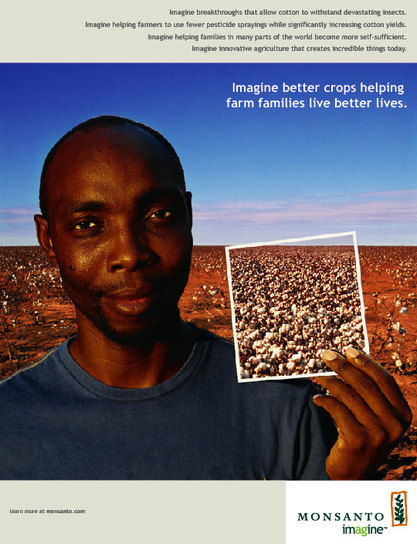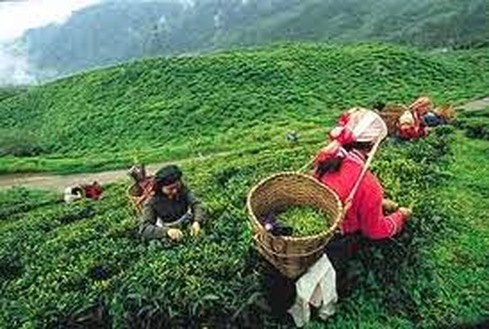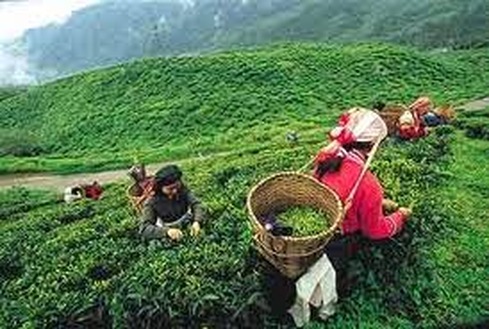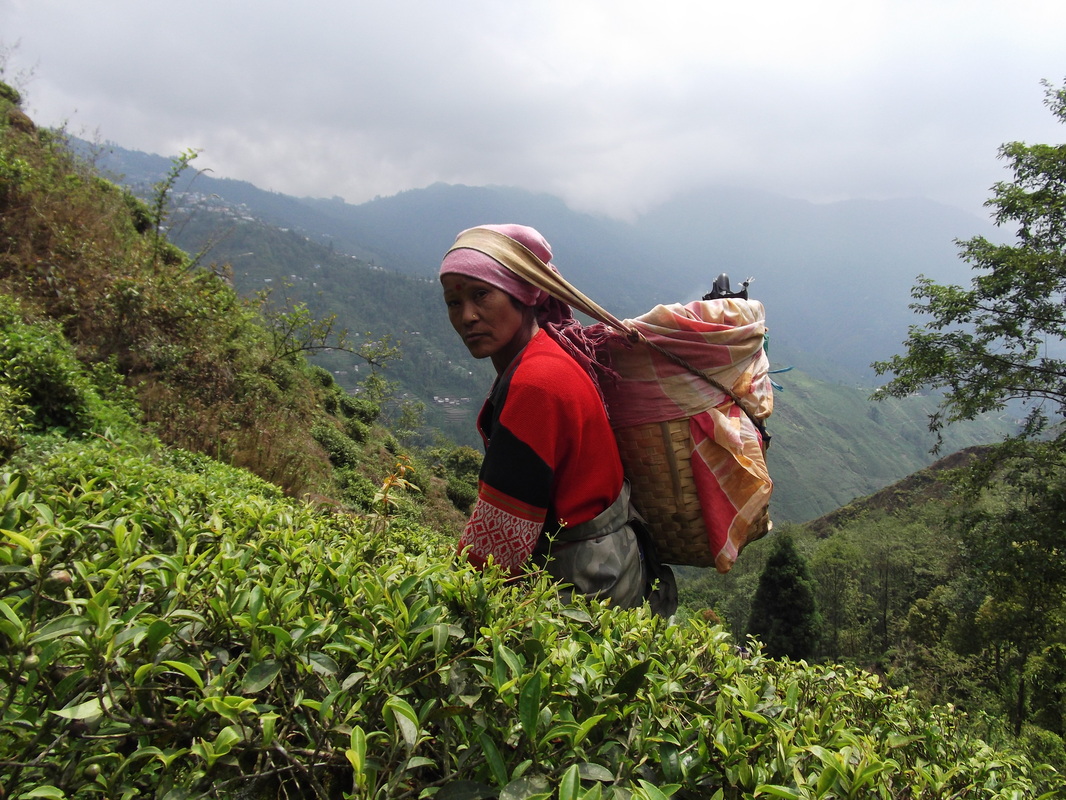This has been the hottest week so far this year in our city. Fortunately, we aren’t there—we’re in Darjeeling, one of India’s colonial-era hill stations perched on a steep slope in West Bengal, within sight of the snow-capped Himalayas. Our room has a view of the third largest peak in the world, if there aren’t clouds in the way. Unfortunately, since we arrived there have been clouds in the way. Or to be more precise, we’ve been inside a cloud much of the time: a thick, mysterious soup of white that smudges the hills as it rolls in, gently drains their color, and eventually obliterates them from view.Still, the vivid green of the nearby hillsides, the majestic trees lifting into the clouds, and the cool weather have been beautiful. Arriving in the temperate calm after sweating for more than 24 hours on a loud, crowded train across the burning, desolate plains right up to the foot of the hills felt like a fever finally breaking. We’re enjoying the simple pleasures of wandering down Darjeeling’s narrow, sloped alleyways in our sweaters(!), and searching among the tall, stacked buildings for cafes to enjoy baked goods, American breakfast, Tibetan dumplings, real coffee, and local Darjeeling tea.
The tea is what made Darjeeling famous. If you’ve ever had English breakfast tea, then you’ve likely tasted it; it’s exported around the world. Darjeeling was founded in the nineteenth century as a strategic outpost for the British, who created large tea estates on the surrounding hillsides. These plantations were extremely profitable—for the owners, that is. The local Nepali and tribal people who actually produce the tea, plucking it leaf by leaf in the fields, don’t see much of the money that consumers around the world pay for this luxury good. The British occupation is now a thing of the past, but the tea plantations continue, and most are still owned by wealthy foreigners or at least by outsiders to the region.
As we sip our steaming brews, we’ve been reading essays by Wendell Berry, mulling over our trip to a small village in Uttar Pradesh, our daily life in an urban slum, and now visiting this heartland of Indian tea production. The words of this 79-year-old Kentucky farmer have given us pause for reflection:
“Common sense tells us—and our experience shows us—that economy and ecology are ultimately the same, just as economy and community are ultimately the same; ultimately, people cannot expect to prosper by doing damage to the land and to human communities.” (p. 82, Citizenship Papers by Wendell Berry)
We visited a tea estate one morning, following a winding dirt path down through waves of green bushes spreading away into the morning mist, to the small factory building in the middle. The whole wood-paneled building smells like a tea chest, having soaked in years of fragrant tea leaves—four harvests per year, each one different in flavor and quality based on the unique conditions in which it grew. In fact, our tour guide told us, no two days of picked tea leaves will produce exactly the same tea; they have been plucked and dried and processed in different temperatures and humidity, and they have come from different sections of the tea garden, each with slightly different soil and elevation. What we realized as we toured the small factory, is that producing tea is not a man-made process. It is a collaborative effort between humans and nature in which even human expertise can only influence the natural growth and oxidation process that is already in motion. Producing high quality tea is an art form in which you can’t completely control the outcome, because your partners are the rain, the soil, the weather, and the enzymes in the leaves.
We learned that this particular estate, Happy Valley, has recently gone organic, adhering to “biodynamic” approaches to modern agriculture which use natural processes and materials in a scientific way to ensure that soil stays fertile, water is conserved, and yields are high. This seems like a positive long-term investment in this beautiful and profitable landscape, and in the livelihood of the people who depend on it. Economy is ecology is community.
We also learned that the estate produces “fair trade” tea, but were surprised to learn what that meant. The people who pick the tea are the grandchildren and great-grandchildren of the laborers who originally picked tea for the British when the estates were established. These hillsides are their ancestral homeland, and they have depended on this land for their survival for more than a hundred years, yet they do not own the land or the factory. They receive lower wages than the day laborers in our city who line up on the side of the road each day waiting to be hired for manual jobs like construction: 90-110 rupees ($1.50-$2 USD) compared with the 200-250 rupees ($3.50-$4.25 USD) that a day laborer would make. Our tour guide told us that they have the power to strike and stop production in order to force out a boss who breaks his promises and pays them less than previously agreed, but that when that owner sells out and leaves he is always replaced by another wealthy boss from outside who assumes ownership of the whole operation again. The current owner is a foreigner, and Happy Valley is only one of eleven tea estates owned by this man (there are only 84 tea estates in the Darjeeling area).
Most of the tea estates in the Darjeeling area are neither organic nor fair trade, but all of the tea is either exported or sold domestically at a lucrative price. The price of tea from this particular estate is made even higher by the fair trade label, but these profits are not reflected directly in the tea pickers’ wages. What the “fair trade” label does ensure is that out of those profits, a certain percentage is given back to the workers in the form of benefits like medical care, school fees for the workers’ children, and houses on the edge of the tea estate which they own outright, instead of renting. We haven’t had the chance to talk with the tea pickers directly, so we have no firsthand insight into how they feel about this arrangement—perhaps it works well. Undeniably, education, housing, and medical care are a good thing. But we couldn’t help wondering whether workers might prefer to have the option of cash in hand to spend their wages however they decide is best instead of having so much of it converted into benefits for them after tea is sold? And is it fair that the bulk of the profit from this famous, local product should go to a wealthy outsider who has no hand in the growing, harvesting, or production process instead of to the local people who live and work on the land?
We couldn’t help but wonder whether getting paid in welfare benefits rather than cash makes the workers more dependent on the tea estate. Could it be that people with cash in hand might use their increased range of options to opt for something other than a life of picking tea? Or that they might even opt to buy the land and the factory themselves, taking control of their own natural resources and economy? Maybe. Maybe not. We’re just outsiders passing through, so we don’t have enough pieces of the puzzle to say one way or the other.
Even with our limited insight, however, visiting this tea estate felt significant because gave us the rare opportunity to visit the place of origin of a product we usually consume without any sense of that product’s history; with complete ignorance of the positive and negative ways that people and places have been impacted by the process of bringing it into being. We, like most people in the world, are “living on the far side of a broken connection… fed, clothed, and sheltered from sources, in nature and in the work of other people, toward which [we] feel no gratitude and exercise no responsibility” (p. 48, Citizenship Papers). Visiting the estate reminded us that we are connected to those people and places, for better or worse, and that there are complex realities we don’t usually think about when we brew a pot of tea. The same is true for putting on a shirt, or buying a bag of chips, or eating a piece of fruit that has come to us from halfway around the world.
Wendell Berry points out that we often think about economic activity only in terms of “profitability and utility”, which means that we go about our work and our consumption in this global economy without asking the basic questions which are crucial to understanding what is really going on: “Is the worker diminished or in any way abused by this work? What is the effect of the work upon the place, its ecosystem, its watershed, its atmosphere, its community? What is the effect of the product upon its user, and upon the place whee it is used?” (p.38) The answers to these questions tell us more about what is really helpful or productive than a strictly financial analysis ever could.
As that wise old Kentuckian would say, you can’t ensure the health of an economy without taking care of the people and the land it depends on. Seeing behind the grocery store aisle to the tea garden has, in this case, reminded us of the land and people we depend on, and made us interested in learning more about this vast web of connections so that we can respect the people and places with which we are linked.



